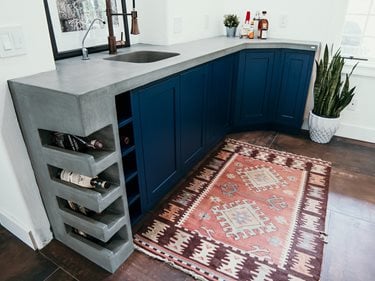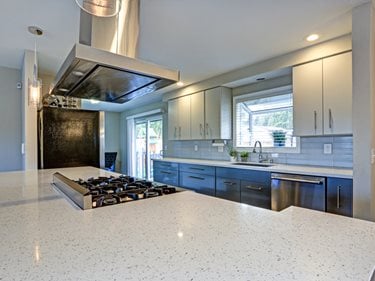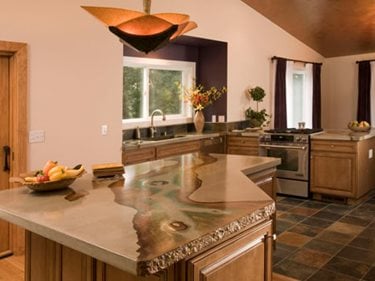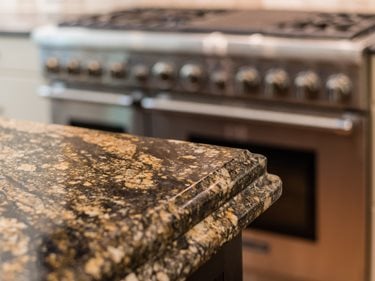While concrete isn't the only option for kitchen countertops, it offers a number of advantages that other materials can't match, particularly when it comes to versatility. Here, we compare concrete with some of the most popular alternatives.
Find concrete countertop contractors near me
Concrete Countertops vs. Quartz
One of the most popular countertop materials is quartz. Quartz can be customized to your project much like concrete. Since quartz is an engineered stone it comes in a wider array of colors and patterns than granite, but not quite as many as concrete. Concrete is noticeably more cost-efficient when compared with quartz.
Quartz offers strength and durability but cannot match concrete’s versatility when adding texture. Concrete can mimic natural materials like wood, or stone. Along with its color, concrete can take on a very realistic appearance, unlike quartz.
Concrete vs Granite Countertops
Granite is also a common material used for countertops. It shares many qualities with concrete countertops including being strong, durable and beautiful.
While you can find many different colors of granite, concrete has a limitless palette. Furthermore, concrete can be made to resemble any surface material including granite. In addition to the colors, concrete can be poured seamlessly, whereas granite may need to be installed in multiple pieces, giving you seams across your counters.
Are concrete countertops cheaper than granite?
Generally, concrete countertops are not cheaper than granite. Concrete starts at around $65 per square foot, while basic granite can be as low as $40 a square foot. Concrete counters are an artisan product that come with higher labor costs.




